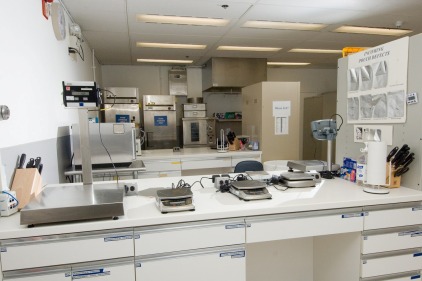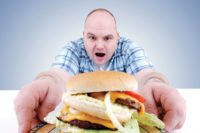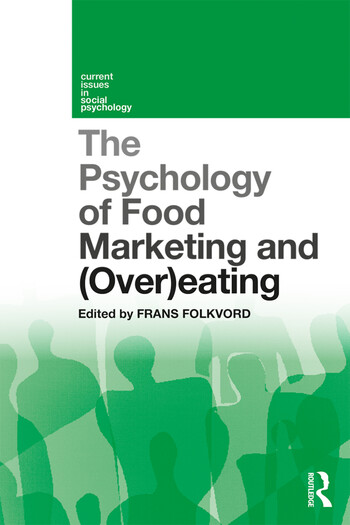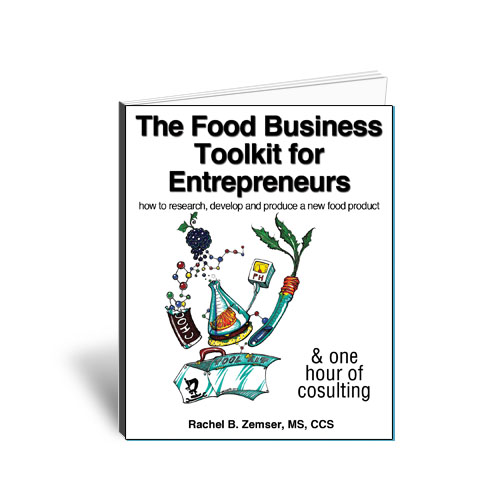Food Safety in the Kitchen
In a poll of 400 consumers and 100 chefs, 73% say they lick the spoon while cooking.

"We expect the food industry to follow good sanitation practices, we certainly expect the medical industry to follow good sanitation practices. Shouldn't we have the same practices in the home?" said USC toxicologist Dr. Roger Clemens.
While most would answer yes, truth be told, some people might be fibbing a bit. In a recent Health Magazine poll of 400 consumers and 100 chefs, 73% say they lick the spoon while cooking.
Clemens suggests a much better way to taste-test your food.
"Take a clean spoon, dripping it on your spoon that you're going to lick, but never surface to surface contact," Clemens said.
One food scientist described double-dipping the equivalent of intimately kissing everyone at your party after a test dip gained 100,000 new bacteria after testers sampled.
Even if you aren't one of the 76% that say they do double-dip, fingers still touch the bowl. A smart host will serve dip with a spoon.
Clemens reminds us that the five-second rule is an urban myth. Contamination is immediate, yet 38% of cooks surveyed say they serve food that hit the floor. Think of what's on yours.
"What's on the bottom of your shoes, the dog's feet, what babies leave out behind," Clemens said.
Sixty-nine percent of chefs also cut mold off food and serve it. According to Clemens, that is not okay, even with salami or hard cheese.
"We realize that molds actually secret some things into the product, and so what they leave behind, if you will, may not be good for you," he said.
Surprisingly, it's not under cooked poultry or beef that's causing the most food borne illness, but rather it's produce. So whether you're peeling it, slicing it, or eating it as-is, you're going to want to scrub it up.
Hands get a 25-second hot soapy wash and produce gets a thorough water rinse, including foods where skin is removed. And in lieu of wood, use plastic type cutting boards that are dishwasher safe.
"Remember, you're setting the model for your children and your grandchildren, so let's exercise good sanitation in the home as well," Clemens said.
Looking for a reprint of this article?
From high-res PDFs to custom plaques, order your copy today!








